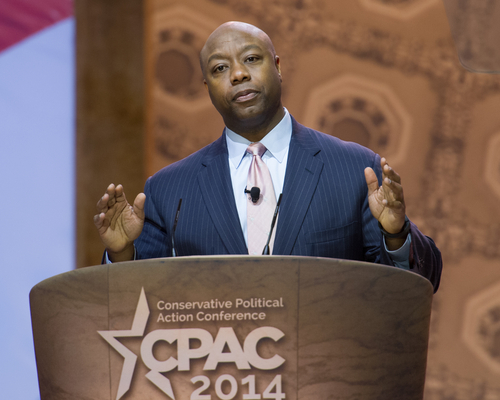
IRANIAN GENERALS KILLED – Israel’s DEADLIEST Strike Yet!
In a move that could significantly alter Middle Eastern geopolitics, recent Israeli airstrikes have targeted Iranian military power, resulting in the deaths of key military and scientific figures.
At a Glance
- Massive Israeli airstrikes hit Iranian sites, killing senior commanders and nuclear scientists.
- Notable casualties include Gen. Hossein Salami, affecting Iranian leadership.
- The strikes followed failed nuclear negotiations, raising concerns over potential nuclear development.
- Gen. Mohammad Bagheri and Gen. Amir Ali Hajizadeh were also killed.
Escalating Hostilities
The Israeli airstrikes primarily targeted Iranian military sites, dealing a heavy blow to Iran’s Revolutionary Guard and associated nuclear programs. The operation reportedly killed at least 20 senior Iranian commanders, disrupting leadership dynamics in the region. Among the deceased were senior officials such as Gen. Hossein Salami, the leader of Iran’s Revolutionary Guard, and Gen. Mohammad Bagheri, Iran’s highest-ranking military officer.
The precision and scale of the strikes underscore Israel’s determination to counter any perceived threats from Iran, particularly in the realm of nuclear capabilities. Six nuclear scientists, including Fereydoun Abbasi-Davani, former head of Iran’s Atomic Energy Organization, were reported dead. This aggressive policy decision comes as diplomatic talks over Iran’s nuclear program crumbled, intensifying fears over Tehran’s nuclear ambitions.
Leadership Upheaval
The airstrikes left a leadership vacuum in Iran’s military hierarchy, with new appointments rapidly made to fill the void. Mohammad Pakpour was named to replace Gen. Hossein Salami as the leader of the Revolutionary Guard, signaling an urgent attempt to stabilize the organization. Simultaneously, Gen. Abdolrahim Mousavi assumed the role previously held by Gen. Mohammad Bagheri, illustrating the domino effect of Israeli strikes on Iran’s military structure.
Among the high-profile casualties was Gen. Amir Ali Hajizadeh, head of the Revolutionary Guard’s missile program, who was slain during an attack on an underground command center. Such losses portray a significant uptick in the ongoing conflict between Iran and Israel, with the former swiftly trying to fill its ranks amidst the chaos.
Geopolitical Tensions
These developments mark a pivotal point in Israeli-Iranian relations, which have been fraught due to Iran’s nuclear pursuits. The Israeli government viewed these pursuits as direct threats to their national security, leading to proportional responses such as these airstrikes. With global powers negotiating to scale back Iran’s nuclear capabilities, the airstrikes have added a fresh complication to already tense diplomatic relations.
As the international community watches closely, these events may lead to further regional instability or could prompt a recalibration of diplomatic engagements. The loss of these senior figures signifies Israel’s unwavering stance on maintaining regional dominance and could set a precedent for their future actions regarding perceived nuclear threats. The future of Middle Eastern stability hangs precariously in the balance as these power struggles unfold on the world stage.




